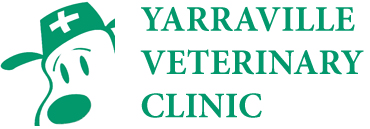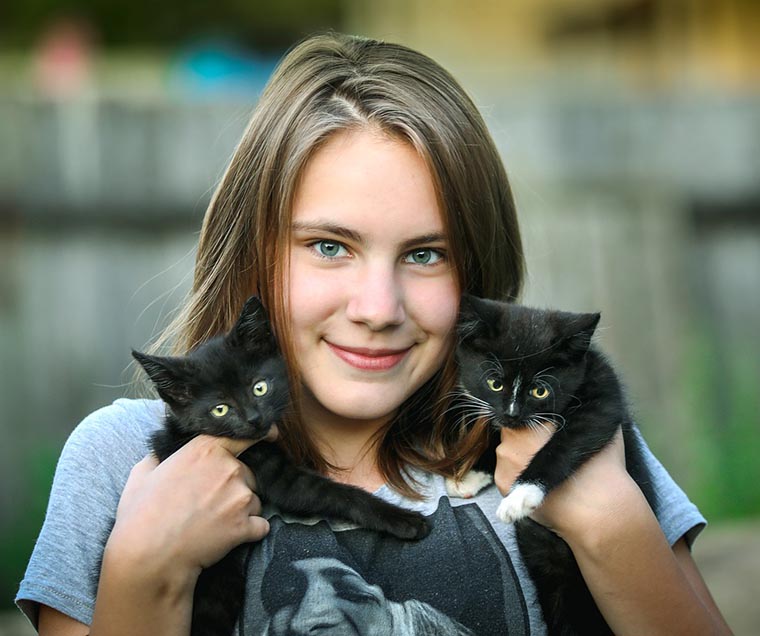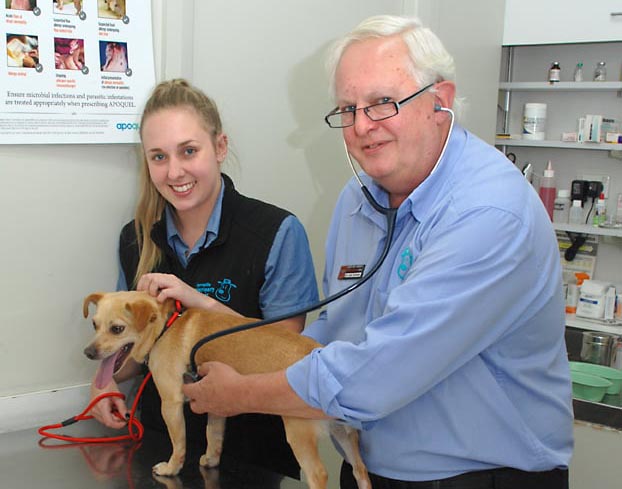Dog and Cat Vaccinations
Have a question about vaccinating your pet? Need to bring them in? Call to speak with a member of our team or book online.
Vaccinating your pet at Yarraville Vet
Why vaccinate my pet?
Vaccinations are a vital aspect of responsible pet ownership: they protect against preventable diseases and can help manage and prevent complications arising from a compromised immune system. They are also necessary for lodging your pet at boarding facilities or vet hospitals, as they protect your pet from unintentionally sharing, or catching, any preventable diseases.
There are core (necessary) and non-core (recommended) vaccines that are available to best protect and suit the health of your pet, which we will be happy to outline and discuss with you in an appointment.
How can Yarraville Veterinary Clinic help my pet?
Here at Yarraville Vet Clinic, we will work with you to ensure that your pet is administered the right vaccinations for their level of health, location, and lifestyle. We are committed to the ethical treatment of all of our patients, and will work with you to ensure that they are treated with the utmost care and compassion.
We encourage you to enquire about vaccination schedules with us from the time you first bring your pet home. The sooner we can establish a routine of vaccination checks, the earlier we can begin to protect your pet from a variety of diseases, and help them to build their immune systems against common and entirely preventable diseases.
In the case of diseases that are prevalent to our particular area, we will make sure that you and your pet are forewarned and forearmed as soon as possible!
What kind of vaccinations can I expect for my pet?
Cats:
A kitten’s first vaccinations are at 6-8 weeks, 12-14 weeks, 16-18 weeks, and annually beyond that. These kitten vaccinations should be administered before your cat is allowed outside socialising.
Annual feline vaccination, F3, protects against:
- Chlamydia: a bacterial disease causing conjunctivitis, respiratory disease, infections, arthritis, and even abortion
- Enteritis (Feline Panleukopenia): can be very severe especially in unvaccinated kittens under 12 months. It causes fever, vomiting, diarrhoea, liver failure, and in the worst cases, sudden death.
- Feline Calicivirus: an extension of the cat flu
- Feline Immunodeficiency Virus (FIV or Feline Aids): must be vaccinated against
if your cat ever goes outside. It is a potentially fatal disease spread between
cats via bites, for which there is no treatment or cure. - Feline Rhinotracheitis (Feline herpes virus): another part of cat flu that can lead to permanent nasal and sinus infection.
Dogs:
A puppy’s first vaccinations occur at 6-8 weeks, 12-14 weeks, 16-18 weeks, and annually after that. These are necessary to protect your pup and to boost their immunity, and should be administered before they are socialised with other dogs.
Yearly canine vaccination, C5, protects against:
- Bordatella bronchiseptica: bacteria causing a hard, dry cough, and lethargy
- Distemper: coughing, diarrhoea and occasional twitching, seizures, loss of balance, and blindness
- Hepatitis: vomiting, diarrhoea, abdominalpain, and possible liver failure.
- Parainfluenza: a viral disease causing a nasty cough
- Parvovirus : causes potentially fatal diarrhoea, especially in dogs under 2 years
Is your dog or cat due for vaccinations? Not sure what your needs?
Call to speak with a member of our team. We do not charge for telephone advice. You can also book your next appointment online!




